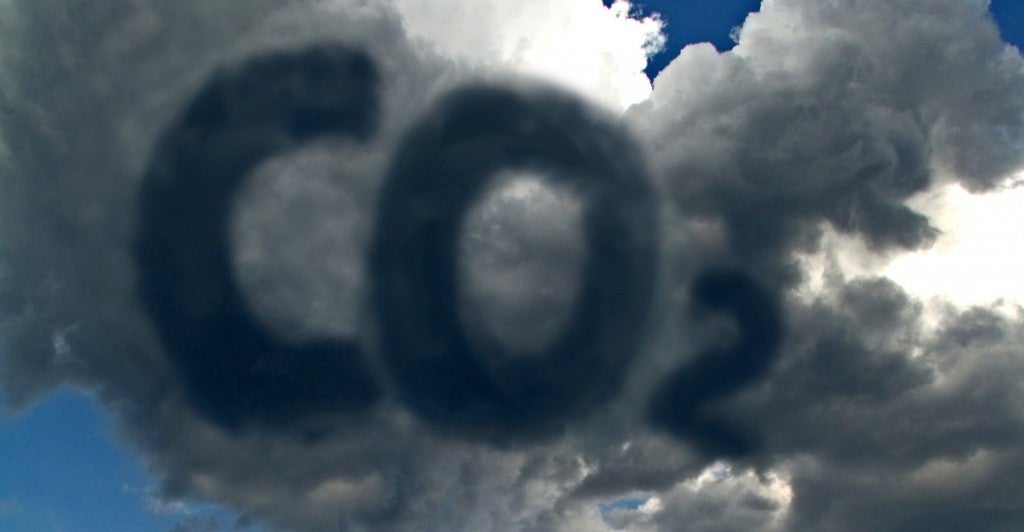On Friday morning, the United States Court of Appeals for the District of Columbia is going to hear an important challenge to the Environmental Protection Agency’s and National Highway Traffic Safety Administration’s rules on greenhouse gas emissions from new cars and trucks.
The Pacific Legal Foundation is bringing this challenge, arguing that the EPA failed to follow a mandatory procedural hurdle before finalizing the rules; namely, not giving its Science Advisory Board a chance to peer review and comment on the regulations.
This challenge involves two related cases that will be argued tomorrow: Delta Construction Company, Inc., et al. v. EPA (addressing the “Truck Rule” that regulates medium and heavy-duty trucks) and California Construction Trucking Association, Inc., et al. v. EPA (addressing the “Car Rule” that regulates new passenger cars, light-duty trucks and medium-duty passenger vehicles).
In a press release announcing its lawsuit against the “Truck Rule,” Pacific Legal Foundation explained:
EPA is dictating onerous new rules for vehicle manufacturers while violating important legal rules itself,” said PLF Senior Staff Attorney Ted Hadzi-Antich. “Federal law says EPA can’t issue new clean-air regulations without submitting the proposals for independent scrutiny by its Science Advisory Board. EPA recklessly ignored this requirement. We’re suing because federal regulators can’t be allowed to thumb their noses at legal safeguards that are designed to ensure that new regulations are credible and well-considered. When EPA acts like a scoflaw, it has to be called to account.
This case is important not only because of the impact these rules will have, but also because of the need to stop the EPA from ignoring the law and the protections that exist within the regulatory process to develop policy based on sound science.
Through these challenges, Pacific Legal Foundation has a chance to make a significant difference. Congress though needs to take action and rein in the EPA. It shouldn’t have to take lawsuits to stop the EPA from abusing its power that Congress delegated to it in the first place.
